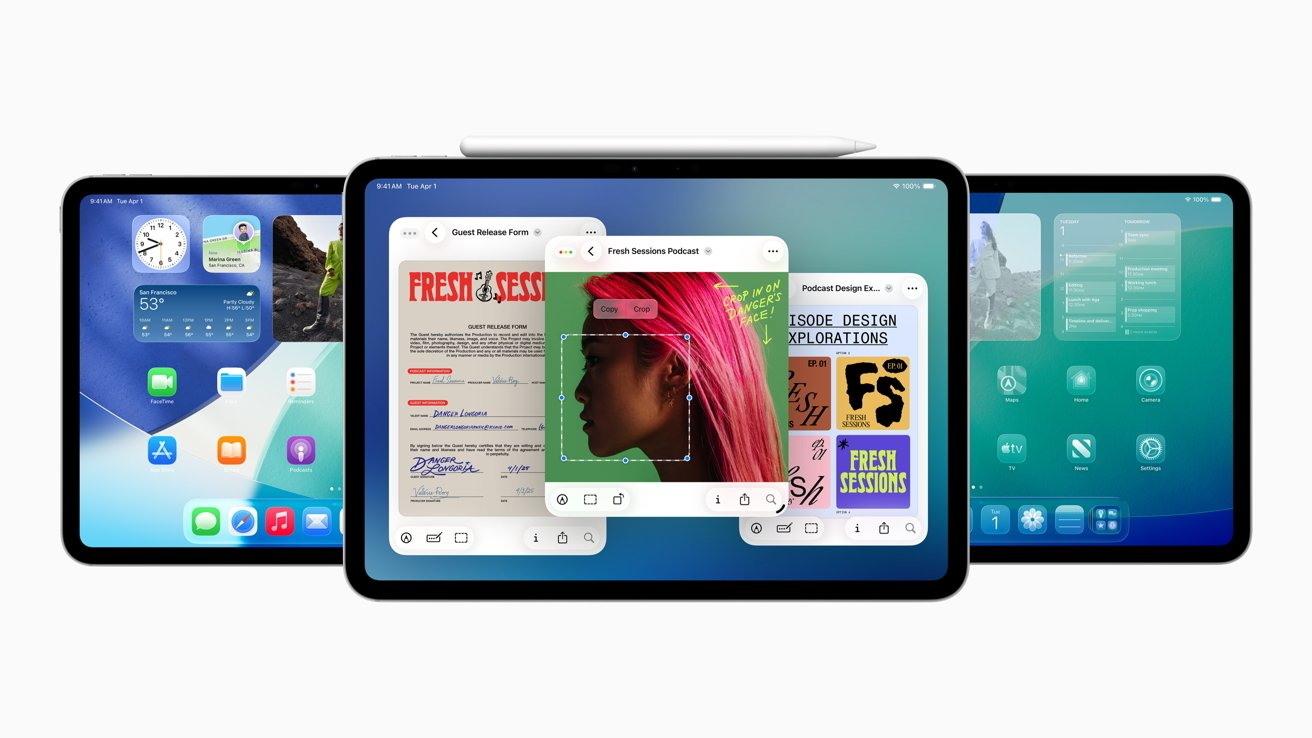In a significant leap forward in smartphone technology, Apple’s upcoming iPhone 18 is set to use Taiwan Semiconductor Manufacturing Company’s (TSMC) cutting-edge 2nm chips, specifically the A20 chipset. This development is expected to enhance device performance, battery efficiency, and overall user experience, marking a new chapter in mobile computing.
Apple has long been at the forefront of integrating advanced technologies into its products, and the inclusion of TSMC’s 2nm process for the iPhone 18 is no exception. This chip technology represents a substantial reduction in size from the 3nm chips used in the iPhone 15, allowing more transistors to fit into the same space. This increase in transistor density translates to faster processing speeds and improved energy efficiency.
The A20 chipset, designed with TSMC’s 2nm process, promises to deliver unparalleled performance. Users can expect faster app loading times, smoother multitasking, and enhanced graphics performance, making the iPhone 18 a powerhouse for both productivity and entertainment. Furthermore, the smaller chip size contributes to a longer battery life, addressing one of the most common consumer concerns with smartphones.
Beyond performance and battery life, the iPhone 18’s new chip architecture is also expected to support advancements in AI and machine learning capabilities. This will enhance features such as voice recognition, camera functions, and personalized user experiences. As AI becomes increasingly integral to smartphone functionality, Apple’s investment in cutting-edge chip technology underscores its commitment to maintaining leadership in the industry.
In addition to performance improvements, the switch to 2nm technology aligns with Apple’s environmental goals. Smaller, more efficient chips consume less power and generate less heat, potentially reducing the environmental impact of manufacturing and using smartphones. Apple has been vocal about its commitment to environmental responsibility, aiming to make all of its products carbon neutral by 2030. The adoption of TSMC’s 2nm chips is a step towards achieving this goal.
Industry experts predict that the transition to 2nm technology will set a new standard in the smartphone market, prompting other manufacturers to follow suit. As competition intensifies, consumers stand to benefit from more powerful and efficient devices.
The anticipation for the iPhone 18 is building, with tech enthusiasts eagerly awaiting the official announcement. The integration of TSMC’s 2nm chips is likely to be a major selling point, positioning the iPhone 18 as a frontrunner in the next generation of smartphones. Apple’s strategic partnership with TSMC demonstrates its commitment to innovation and excellence, reinforcing its reputation as a leader in the tech industry.
As we look to the future, the iPhone 18’s advanced chip technology not only highlights Apple’s forward-thinking approach but also sets the stage for further innovations in mobile technology. The potential for improved AI capabilities, better battery performance, and enhanced user experiences positions the iPhone 18 as a transformative device in the ever-evolving landscape of smartphones.



